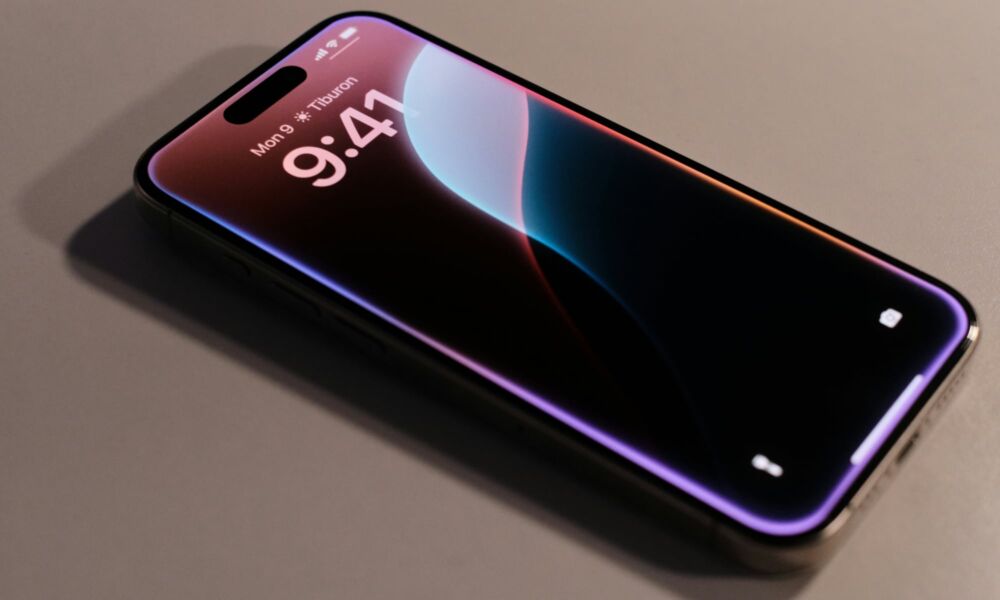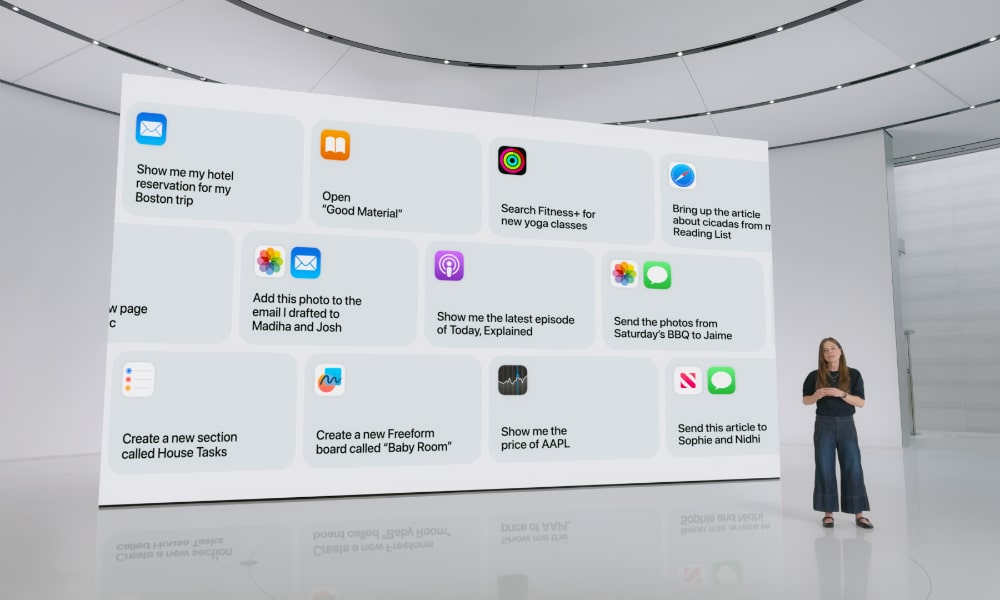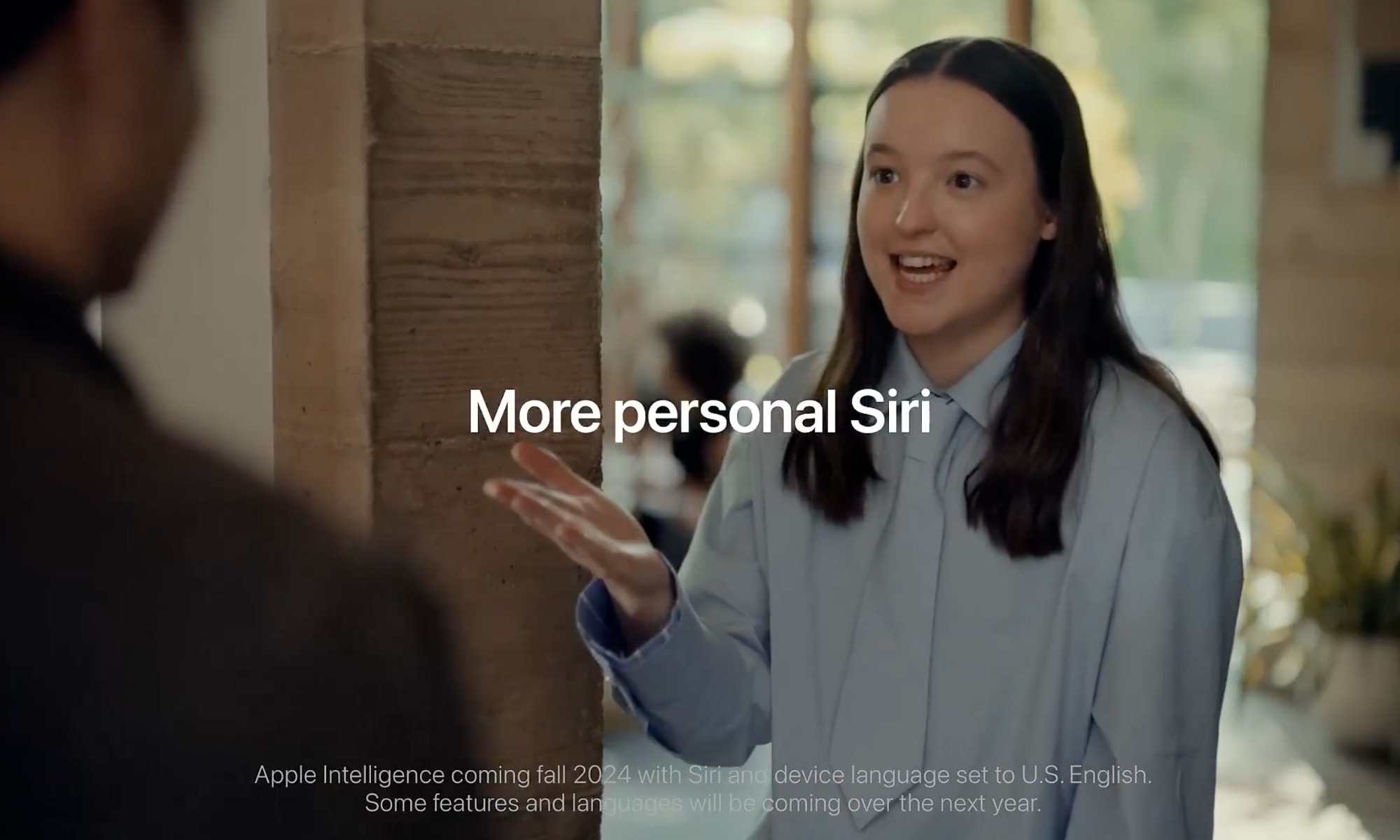Will Apple’s Calculated Gamble on a Better Siri Pay Off?
 appshunter.io / Unsplash
appshunter.io / Unsplash
Toggle Dark Mode
There’s no arguing that Apple had a rare failing this year when it overpromised and undelivered on the Siri improvements that were supposed to be part of Apple Intelligence in iOS 18. However, Apple’s gaffe may have a silver lining as it’s made the company even more determined to get Siri right when it finally does ship.
By several accounts, Apple is doubling down on its personalized Siri improvements, and while we’re still not expecting to see them until early next year — likely around the time of iOS 26.4 — the good news is that Apple may have even more for us than what it first showed off.
To recap, when Apple unveiled “AI for the rest of us” at its 2024 Worldwide Developers Conference (WWDC), it promised a Siri that would be more personalized and contextually aware. Siri would be able to dig through the personal information on your iPhone in apps like Mail, Messages, and Calendar, tying together disparate pieces of information, just like a human assistant would.
For example, folks who have personal assistants know that you don’t need to lay out all the details when asking them to make an appropriate lunch reservation with your mom after her plane lands. A human assistant should already have access to key information, such as flight numbers, schedules, your calendar, and appropriate venues. There was little reason Siri couldn’t be improved to ferret out the same details from your calendar. It would also power a host of other smaller but equally useful features, effectively powering voice-based natural search for all those things that we often misplace on our phones, such as a random song lyric a friend sent you two months ago, or an email from your sister about a book you can’t remember the title of.
During the WWDC24 keynote, Apple showed us examples very similar to the “mom’s flight” one I just described, plus another scenario where Apple software chief Craig Federighi might want to know if he can make to his kid’s school performance on time, with Siri analyzing a PDF of the event poster, checking calendars, and using Apple Maps to estimate travel time between the time and location of last meeting of the day and the event venue.

It was a bold promise, but it was also the one thing that made Apple Intelligence genuinely appealing. Everything else Apple showed off had already been done before. Apple still had an edge in those areas by tying them more closely into the user experience, but Writing Tools and Image Playground aren’t exactly groundbreaking. A more personalized Siri was downright exciting, especially since Apple made it clear that everything would be processed privately and securely on your iPhone. That’s something that no other AI assistant can promise.
There’s been much discussion and debate on whether the Siri features Apple showed off at WWDC24 were outright “vaporware,” but they definitely weren’t anywhere nearly as ready as they should have been. Bloomberg’s Mark Gurman shared in March that he was told the company “barely had a functional prototype” at the time, and Daring Fireball’s John Gruber chastised himself for missing what should have been the obvious signs that the Siri improvements had no substance.

The failure to launch the new Siri was a serious black eye moment for Apple, and it resulted in some serious reshuffling behind the scenes. Siri was moved from Apple’s AI division over to software engineering and put directly under the leadership of the team that brought the Vision Pro from concept to release.
That shift has resulted in new energy and enthusiasm for the voice assistant, combined with a sense that Apple now has even more to prove. When Siri 2.0 finally ships next year, it’s going to have a lot to prove.
As Gurman shared in his recent Power On newsletter, the real secret sauce behind the new Siri is something called “App Intents,” and it’s the one thing that Apple has made a top priority.
App Intents aren’t anything new, but they’ve largely flown below the radar. Apple touched on them at WWDC24, but even then implied that they were more of a second-phase project that would come after the initial Siri improvements were delivered. However, as Gurman says, this is something the company can no longer afford to delay.
Here’s what the new App Intents will mean: With nothing but your voice, you’ll be able to tell Siri to find a specific photo, edit it and send it off. Or comment on an Instagram post. Or scroll a shopping app and add something to your cart. Or log in to a service without touching the screen. Essentially, Siri could operate your apps like you would — with precision, inside their own interfaces.
Mark Gurman
Apple has even bigger plans for App Intents than it initially hinted at, and it “could finally make Siri the true hands-free controller of your iPhone,” Gurman adds.
App Intents are also key to many of the other projects Apple has in the works, and are the main reason we have yet to see Apple’s much-rumored smart home hub and AI-powered HomePods and Apple TV set-top boxes. Siri needs to be the primary interface for accessing AI features on these devices, and it’s not anywhere close to ready for that task.

This is also about the app ecosystem. From the start, App Intents was designed to unleash all of Siri’s new power into third-party apps. Getting this right is crucial, Gurman says, and so Apple is actively testing the new Siri with a whole list of apps, including “Uber, AllTrails, Threads, Temu, Amazon, YouTube, Facebook, WhatsApp, and even a few games.”
Apple is also seriously considering limiting or even excluding high-risk apps like banking, as the last thing it needs is the negative publicity of having Siri decide to invest all of someone’s money in sun-warmed guacamole futures.
Ultimately, Apple still has a big hill to climb in this battle, not only from a technological perspective, but also in the court of public opinion. Siri has had a bad reputation for years, and it’s only gotten worse in recent months as the voice assistant seems to have de-evolved in its partnership with ChatGPT, while at the same time, Apple’s marketing has led many to mistakenly believe that the supposed improvements were already supposed to be there with iOS 18.
At this point, Apple has no choice but to go all-in. The goal here isn’t just to make Siri more intelligent, but to provide the Star Trek-style voice interface that we’ve dreamed of since the iPhone 4S came along in 2011. It’s a big gamble with incredibly high stakes, but if Apple can pull it off — and that’s still far from a sure thing — it truly could revolutionize the Apple ecosystem.








